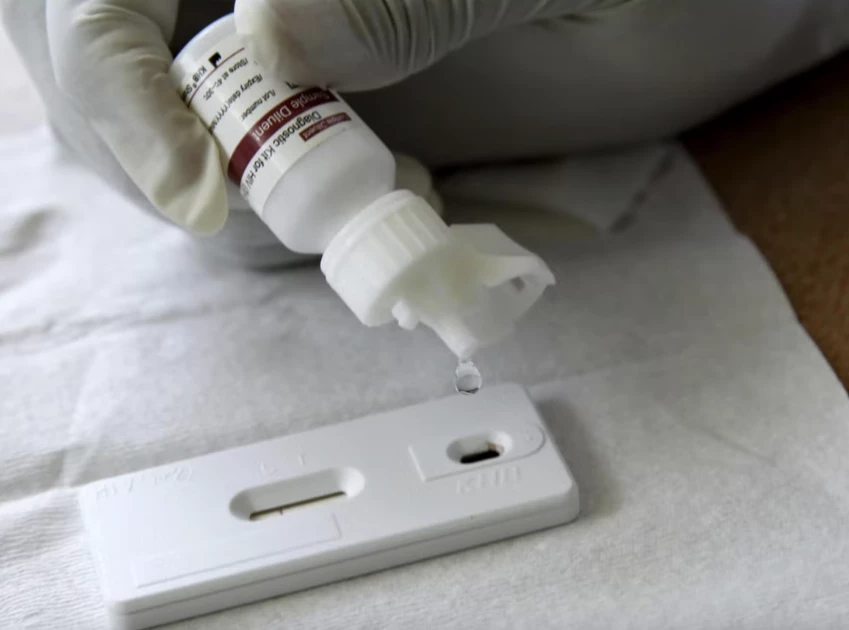In a world that increasingly embraces open dialogue and stigmatization of sensitive topics, the reluctance of many young people to get tested for HIV before engaging in sexual behaviours remains a perplexing issue.
What drives this avoidance, and why is comprehensive sex education more vital than ever in addressing it?
Fear is a powerful force that often keeps the youth from taking the vital step of HIV testing. For many, the thought of a positive result can be terrifying hence the ignorant phrase “kupima na macho” that is used by many young people in this generation “GENZ’s”.
Ann Ndungu, not her real name says HIV/AIDs is not a worry since she has to trust the man she wants to be intimate with.
“I don’t see the reason why I should get tested,” Ann told Citizen Digital.
“If I trust my man then I wouldn’t need to doubt that he’s hiding something like being HIV positive,” she added.
According to the World Health Organization (WHO), it is estimated that only 75% of people living with HIV know their HIV status.
Nancy Musoka, a sociologist, says the environment one is in determines their take on such issues as discussing sexual health and getting tested.
“Most of the young people have been raised in an environment that does not allow them to comfortably talk about sexual health let alone getting tested,” Nancy stated.
“Misinformation about this issue has also led young people into not believing in getting tested,” she added.
Sex education plays a pivotal role in this narrative. In many regions, sex education remains insufficient or even nonexistent, leaving young people ill-prepared to make informed decisions about their sexual health.
Dr Geoffrey Wango, a psychologist, says it is essential for parents to talk to their children while still young to avoid future regrets.
“Parents should talk to their children openly without fear to avoid future regrets,” he explained.
Comprehensive sex education empowers young people by providing accurate information about HIV, its transmission, prevention methods, and the importance of early testing.
Stigma remains a formidable barrier to HIV testing among youth. Misconceptions and discriminatory attitudes continue to be prevalent, causing many to hesitate before seeking testing.



